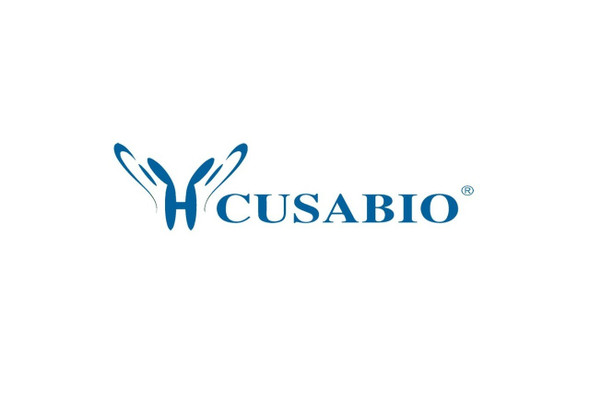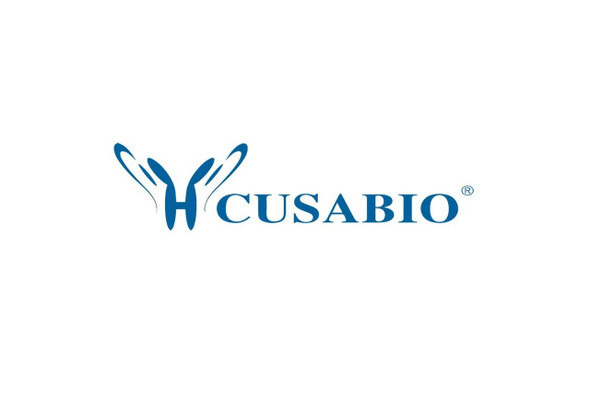Cusabio Arabidopsis thaliana Recombinants
Recombinant Arabidopsis thaliana Transcriptional activator DEMETER (DME), partial | CSB-EP839701DOA
- SKU:
- CSB-EP839701DOA
- Availability:
- 13 - 23 Working Days
Description
Recombinant Arabidopsis thaliana Transcriptional activator DEMETER (DME), partial | CSB-EP839701DOA | Cusabio
Alternative Name(s): DNA glycosylase-related protein DME
Gene Names: DME
Research Areas: Transcription
Organism: Arabidopsis thaliana (Mouse-ear cress)
AA Sequence: MNSRADPGDRYFRVPLENQTQQEFMGSWIPFTPKKPRSSLMVDERVINQDLNGFPGGEFVDRGFCNTGVDHNGVFDHGAHQGVTNLSMMINSLAGSHAQAWSNSERDLLGRSEVTSPLAPVIRNTTGNVEPVNGNFTSDVGMVNGPFTQSGTSQAGYNEFELDDLLNPDQMPFSFTSLLSGGDSLFKVRQYGPPACNKPLYNLNSPIRREAVGSVCESSFQYVPSTPSLFRTGEKTGFLEQIVTTTGHEIPEPKSDKSMQSIMDSSAVNATEATEQNDGSRQDVLEFDLNKTPQQKPSKRKRKFMPKVVVEGKPKRKPRK
Source: E.coli
Tag Info: N-terminal 6xHis-SUMO-tagged
Expression Region: 1-320aa
Sequence Info: Partial
MW: 51.4 kDa
Purity: Greater than 90% as determined by SDS-PAGE.
Relevance: Transcriptional activator involved in gene imprinting. Catalyzes the release of 5-methylcytosine (5-meC) from DNA by a glycosylase/lyase mechanism. Allows the expression of the maternal copy of the imprinted MEA gene before fertilization, possibly by antagonizing or suppressing DNA methylation on target promoter. Probably acts by nicking the MEA promoter. Required for stable reproducible patterns of floral and vegetative development.
Reference: "DEMETER, a DNA glycosylase domain protein, is required for endosperm gene imprinting and seed viability in Arabidopsis."Choi Y., Gehring M., Johnson L., Hannon M., Harada J.J., Goldberg R.B., Jacobsen S.E., Fischer R.L.Cell 110:33-42(2002).
Storage: The shelf life is related to many factors, storage state, buffer ingredients, storage temperature and the stability of the protein itself. Generally, the shelf life of liquid form is 6 months at -20?/-80?. The shelf life of lyophilized form is 12 months at -20?/-80?.
Notes: Repeated freezing and thawing is not recommended. Store working aliquots at 4? for up to one week.
Function: Transcriptional activator involved in gene imprinting. Catalyzes the release of 5-methylcytosine (5-meC) from DNA by a glycosylase/lyase mechanism. Allows the expression of the maternal copy of the imprinted MEA gene before fertilization, possibly by antagonizing or suppressing DNA methylation on target promoter. Probably acts by nicking the MEA promoter. Required for stable reproducible patterns of floral and vegetative development.
Involvement in disease:
Subcellular Location: Nucleus
Protein Families: DNA glycosylase family, DEMETER subfamily
Tissue Specificity: Mainly expressed in immature flower buds, then decreases as the flower matures. Expressed in the ovule carpels, but not expressed in pollen stamens. Expressed in developing and mature ovules (stages 12-14), then strongly decreases after fertilization.
Paythway:
Form: Liquid or Lyophilized powder
Buffer: If the delivery form is liquid, the default storage buffer is Tris/PBS-based buffer, 5%-50% glycerol. If the delivery form is lyophilized powder, the buffer before lyophilization is Tris/PBS-based buffer, 6% Trehalose, pH 8.0.
Reconstitution: We recommend that this vial be briefly centrifuged prior to opening to bring the contents to the bottom. Please reconstitute protein in deionized sterile water to a concentration of 0.1-1.0 mg/mL.We recommend to add 5-50% of glycerol (final concentration) and aliquot for long-term storage at -20?/-80?. Our default final concentration of glycerol is 50%. Customers could use it as reference.
Uniprot ID: Q8LK56
HGNC Database Link: N/A
UniGene Database Link: UniGene
KEGG Database Link: KEGG
STRING Database Link: STRING
OMIM Database Link: N/A










